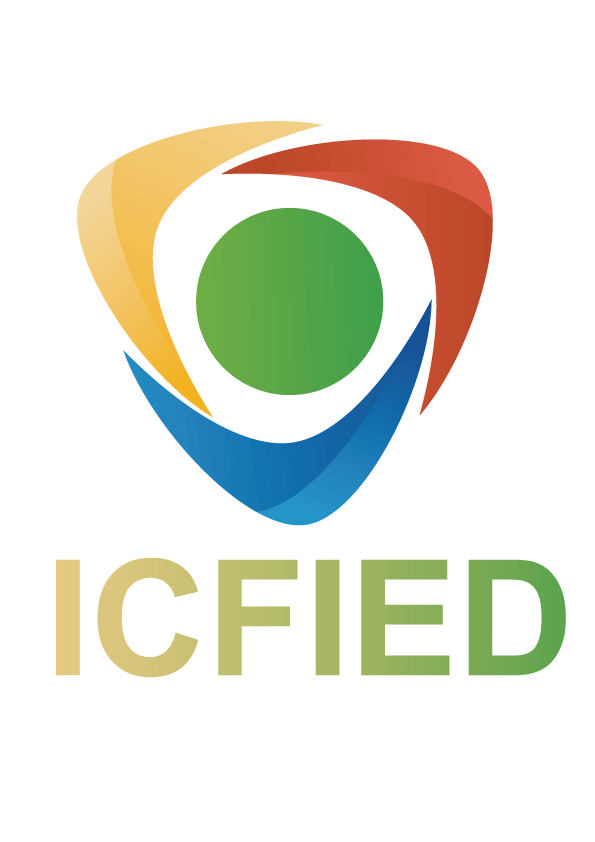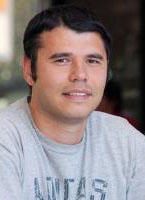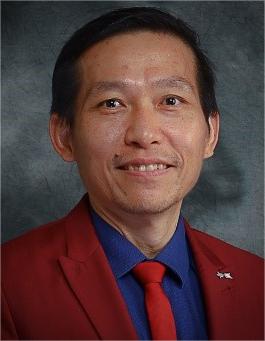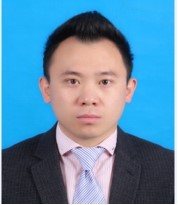
Speakers
SPEAKERS |
Prof. Faruk Balli Massey University, School of Economics and Finance, New Zealand | Introduction: Faruk received his PhD from University of Houston in 2007. Prior to joining Massey University, he worked as a research Economist in Central Bank of Qatar, in Dubai University as Assistant Professor and in University of Houston as a Teaching Fellow. His research interests lie on the edge of international macroeconomics and international finance. His research areas mainly cover but not limited to the topics of international finance, macroeconomic aspects of international finance, international portfolio allocation, income and consumption smoothing, and modelling the volatility in asset prices. Currently, Faruk has a number of publications in the selected finance and economic journals including;Journal of Banking Finance, Journal of Corporate Finance, Regional Studies, Energy Economics, Tourism Management, Journal of travel Research, Journal of International Money and Finance, Canadian Journal of Economics, Economics of Transition, World Economy, International Review of Finance, Empirical Economics, Economic Modelling and Applied Economics. He has acted as a referee more than 15 different journals and currently serves on the editorial boards on different journals. Speech Title: Firm Productivity in Energy Sector: The Role of Cross-listing Abstract: Novel to the literature, this study examines how cross-listing impacts firms’ productivity in Energy sector. Annual data of firm cross-listing over the last two decades of crisis (2002 - 2022) is employed for our analyses. We find evidence of significant drop in productivity after Energy firms-unlike other sectors-cross-list. Furthermore, we note one possible explanation for this finding is that after cross-listing, Energy firms appear to utilize their increased capital to heavily invest in infrastructure, equipment, and plants for expansion, which might eventually hinder improvements in their productivity. To seek for more thorough explanations for the decreased firm productivity in Energy sector after cross-listing, we also identify the determinants of productivity in Energy sector. Our results provide strong evidence that when the capital expenditure increases more after the cross listing, short run decrease in the productivity is severe. This finding provides evidence that firms’ need to be evaluated in the long while assessing their productivity after heavy investments. Last, Energy firms’ productivity in the developed countries tends to be adversely affected by more factors than that of emerging countries. |
Prof. Evan Lau Poh Hock Faculty of Economics and Business, University Malaysia Sarwak, Malaysia | Introduction: Evan Lau is an accomplished Associate Professor in the Faculty of Economics and Business at Universiti Malaysia Sarawak (UNIMAS). He has a wealth of experience in academia, having held several key positions within UNIMAS, including Deputy Dean for Research and Postgraduate, Director of the Centre for Business, Economics and Finance Forecasting (BEFfore) and currently serves as the Head of Strategy. Evan is also an internationally recognized scholar, having held visiting positions at the University of Cambridge and various universities in Indonesia. Evan has a strong research record, having published 106 journal articles and 90 research papers in books, conference proceedings, working papers, newsletters, and newspaper articles. He has been awarded numerous awards for his research excellence, including the Young Researcher Award in UNIMAS, the Excellent Service Award, research medals from Research Expos, best papers, and the Highest-Impact Journal Paper Award. As an active researcher, Evan has secured 30 research grants and has supervised 84 postgraduate students, examining 66 postgraduate theses and 142 undergraduate research projects. Evan speaks at numerous international conferences in countries like Indonesia, UAE, Sri Lanka, Italy, India, Philippines and Malaysia. Evan's research contributions have been recognized internationally, with him being listed among the Top 9% of economists in Malaysia and ASEAN while in the Top 10% for Asia by the Research Papers in Economics (RePEc) network. Top 9% of economists in Malaysia since 2008 and the Top 10% in Asia by the Research Papers in Economics (RePEc) network. He is also among the highly cited authors in UNIMAS. Outside of academia, Evan is passionate about running and travelling. Overall, Evan's achievements and contributions demonstrate his commitment to research excellence, academic leadership and service which bring sustainable impact to the academia world. Speech Title: Digital Banking Abstract: The inexorable march of digitalization and the rise of financial technology (Fintech) are fostering a compelling case for the emergence and proliferation of digital banks. This paradigm shift gains further significance in light of the substantial populations categorized as unbanked or underbanked, presenting a ripe terrain for digital banking opportunities. The COVID-19 pandemic, acting as a catalyst, has accentuated the imperative for traditional banks to swiftly pivot towards digital landscapes, underscoring the urgency for agility, adaptability, and transformative measures. Pertinently, institutions that had invested significantly in digital transformation prior to the pandemic found themselves better positioned to navigate the evolving financial landscape. The Sustainable Development Goals (SDGs) emerge as a collaborative model for the Digital Banks Ecosystem, offering a potential solution aligned with global commitments encapsulated in the 5Ps (People, Planet, Prosperity, Peace, and Partnership). As the financial sector charts its trajectory into the future, the prospect of metaverse and multiverse banking journeys looms large, signifying a dynamic evolution in the way banking services may be conceptualized and delivered. This journey envisions a holistic integration of digital technologies and sustainable practices, presenting a transformative vista for the financial industry on a global scale. |
A. Prof. Thomas Andreas MAURER The University of Hongkong, China | Introduction: Thomas Andreas Maurer is an Associate Professor of Finance at the HKU Business School, The University of Hong Kong. Before joining HKU in 2019, he was an Assistant Professor of Finance at the Olin Business School, Washington University in St. Louis from 2012 to 2019. Thomas earned his London School of Economics MSc in Finance and Economics degree in 2008 and his LSE PhD in Finance degree in 2012. During his PhD studies he has spent one year as a visiting scholar at the University of Chicago Booth School of Business. His research contributions are in the area of theoretical and empirical asset pricing, international finance and household finance. He regularly serves as a committee member for academic conferences and as an academic referee for many major economics and finance journals. At HKU, Thomas is teaching classes on derivative securities to undergraduate students. In 2017, the graduating Master of Finance class at Wash U has chosen him as the best teacher and he was awarded the Reid teaching prize for the professor “whose enthusiasm and exceptional teaching most inspire, energize, and transform students”. Speech Title:Unfair Benchmarks and Excessive Risk Taking of Mutual Funds Abstract: We find that unfair peer group assignments in relative performance evaluations often lead mutual funds with disadvantaged styles to take on more risks in an effort to keep up with their peers with advantaged styles. Until June 2002, when Morningstar ranked all U.S. equity funds against one another, star ratings were highly correlated with the value premium, leading growth funds to take significantly greater risks than value funds. This excessive risk-taking was more pronounced among lower-rated funds and when the value premium was expected to be higher. The refinement of Morningstar’s peer groups in 2002 substantially reduced such excessive risk-taking. |
A.Prof. Liang Wuchao School of Economics and Management, Ningbo Universty of Technology, China | Research Areas: Marketing management, Human resources management, Strategic management Introduction: Liang Wuchao, Associate Professor, Master's Supervisor, has led and completed more than ten provincial and municipal level research projects, published more than 20 papers in SCI, SSCI, core journals, and published one monograph and two textbooks. As a guiding teacher, I have led multiple teams to win awards in national and provincial innovation and entrepreneurship competitions. Speech Title: Does private equity investment influence enterprise innovation strategy? Abstract: This paper takes China’s GEM IPOs from 2017 to 2022 as the research object to explore the relationship between private equity investment and enterprise innovation strategy. It is found that private equity investment can effectively promote enterprise innovation and has a more significant impact on substantive innovation; PE joint investment enhances the supportive role of enterprise innovation relative to separate investment; there is no significant difference between whether private equity investment has a state-owned background or not in promoting enterprise innovation. |



